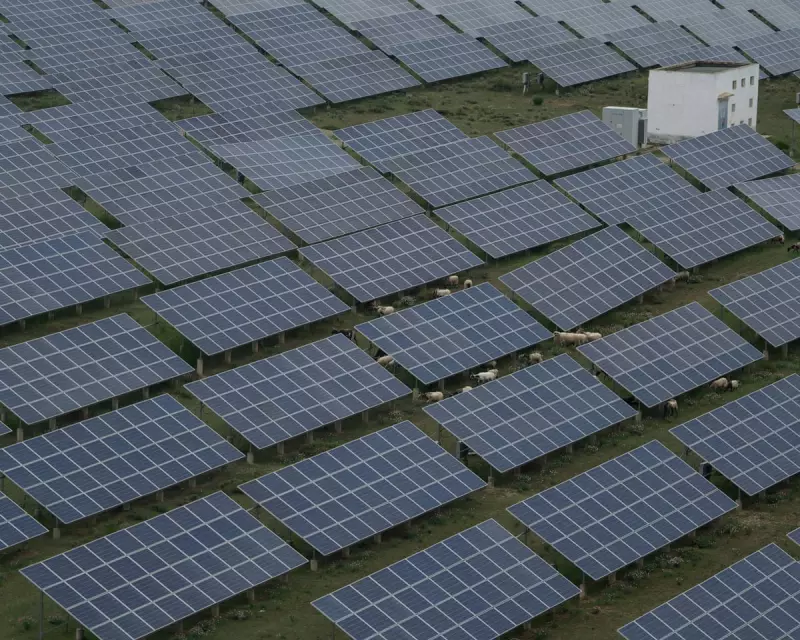
China has declared its commitment to the global clean energy transition but firmly stated it will not assume sole leadership on climate policies in the absence of the United States, according to exclusive revelations from a senior Chinese official at the COP30 summit in Brazil.
China's Stance on Global Climate Leadership
Wang Yi, vice-chair of China's expert panel on climate change and a standing member of the country's state congress, told the Guardian that while China remains dedicated to averting climate breakdown, it cannot and will not lead alone. "I don't think China would like to play a leadership role," Wang stated unequivocally during the exclusive interview.
The ecological economist emphasised that maintaining momentum in global climate efforts represents the most crucial challenge facing international negotiations. He outlined two possible directions for global climate action: moving forward with more ambitious targets or regressing from current commitments.
Wang stressed that China prefers to "steer in this kind of direction towards low-carbon or green transition, but in cooperation with other countries." He advocated for what he described as "comprehensive leadership" rather than any single nation bearing responsibility for global climate progress.
China's Domestic Transition Amid International Pressure
Despite resistance from some industrial sectors within China, Wang confirmed that President Xi Jinping remains committed to the energy transition for the long term. China's emissions have been flat or falling for 18 months, even as the country continues to be the planet's largest emitter of carbon dioxide from burning coal, oil, and gas.
Wang revealed that China's power consumption is expected to grow significantly from 7,000 kilowatt hours in 2024 to potentially 12,000 kilowatt hours, but with a steady shift away from fossil fuels toward renewable sources. The country is currently undergoing what he described as a "comprehensive green transition of social economic development" that includes massive investment in wind and solar power, green hydrogen, green ammonia, electric vehicles, and a new power grid system.
"Even in China, we have a lot of industrial conflict," Wang acknowledged, but added that President Xi has made it clear that the country must "speed up the new power system" within the next five years.
International Dynamics and Climate Finance Challenges
The absence of the United States from strong climate commitments has created a significant void in global climate leadership, making China's role more crucial than usual to the success of COP30. Brazilian President Luiz Inácio Lula da Silva has pushed negotiators to establish foundations for exiting the fossil fuel era.
Wang expressed concern about the impact of a potential second Trump term, noting it would likely have greater consequences than the first due to more aggressive anti-climate policies. He also observed that the European Union appears distracted by the war in Ukraine and economic challenges.
On climate finance, Wang urged Europe and other early industrial nations to step up contributions toward the goal of providing $1.3 trillion (£988 billion) to help poorer nations transition away from fossil fuels and adapt to climate impacts. This comes as wealthier nations argue that China, as an upper middle-income country responsible for more than 30% of global emissions, should contribute financially.
EU Climate Commissioner Wopke Hoekstra directly challenged China's current efforts, stating: "At the moment China is not doing what science expects it to do – that has effects way beyond China itself."
Wang confirmed that China plans to increase financial contributions to the Global South, with the government's draft five-year plan mentioning the provision of "more global public goods." However, he maintained that different countries require different transition pathways rather than a unified approach to phasing out fossil fuels.
As the COP30 summit progresses, the world watches whether nations can bridge significant gaps between current emissions reduction plans and the stringent cuts needed to limit global heating to 1.5°C, the key goal of the Paris Agreement.





